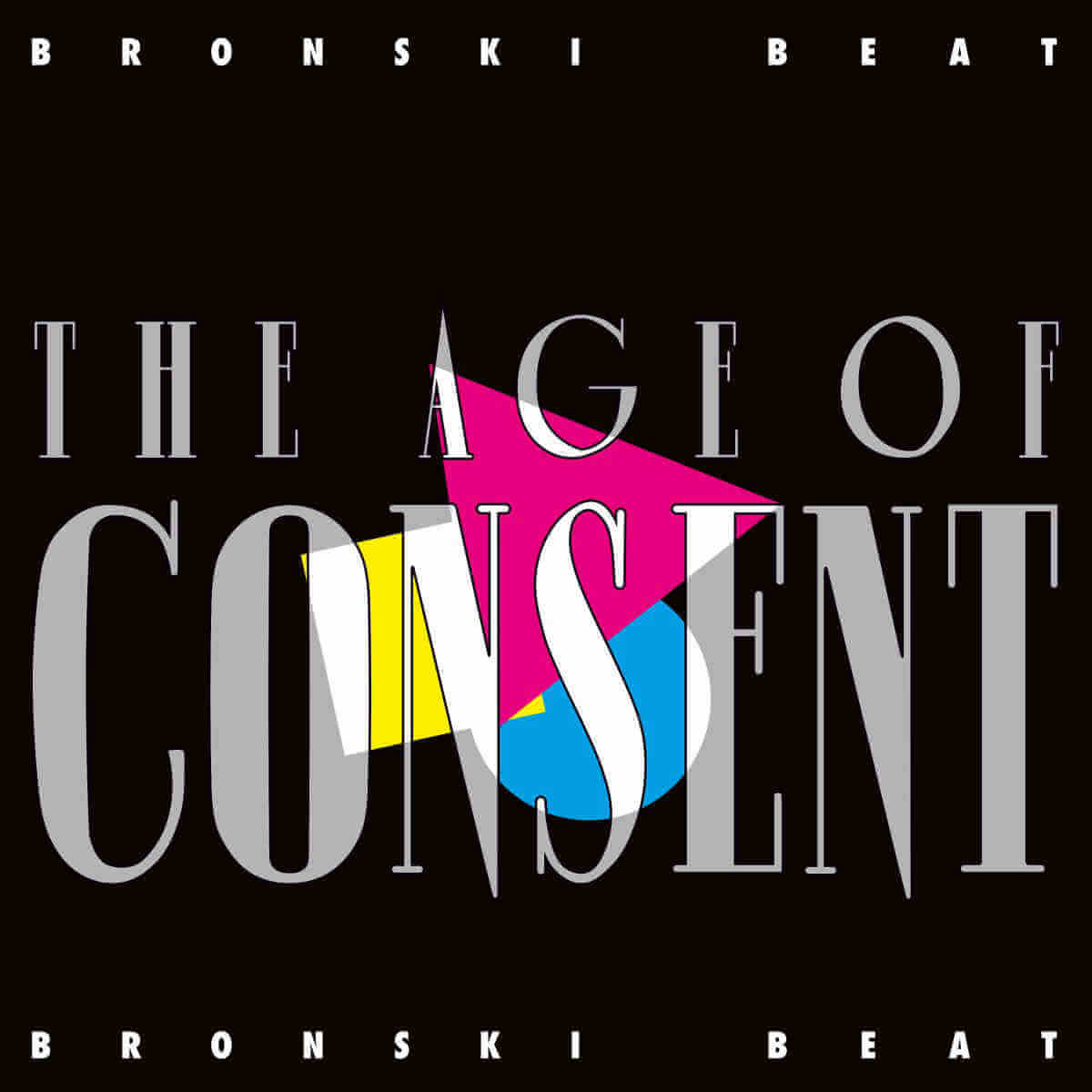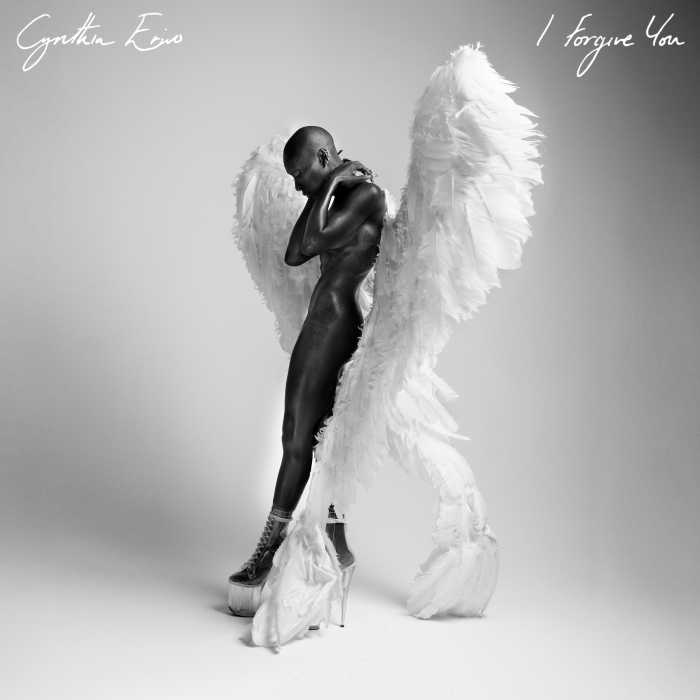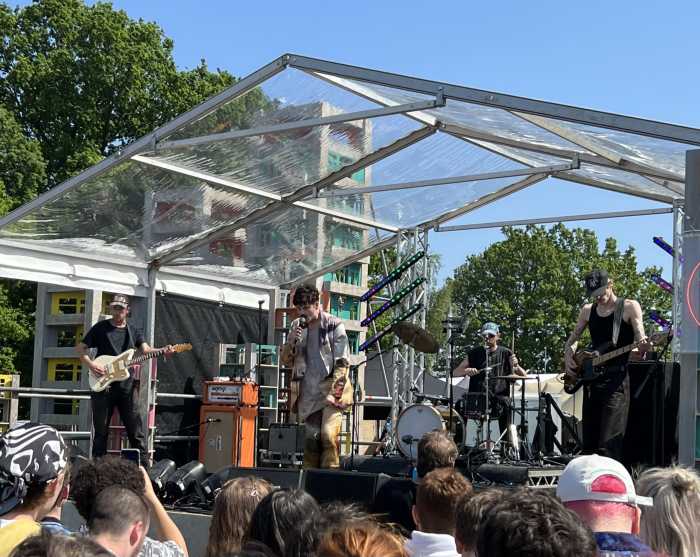Bronski Beat’s 1984 “The Age of Consent,” now being reissued with more than an hour’s worth of radio sessions, remixes, and unreleased demos, invented its own sub-genre: protest disco. Singer Jimmy Somerville’s falsetto evoked female vocalists like Donna Summer (whose “I Feel Love” they covered) and Gloria Gaynor, as well as Sylvester, but the album’s very title was meant as a political statement. At the time, heterosexuals could legally have sex in the UK at 16, but gay men could not do so until 21. Thus, we were legally considered pedophiles and could be prosecuted for consensual sexual behavior that was perfectly acceptable for straight teenagers and young men.
It was also released the year that the HIV virus was discovered as the cause of AIDS, but at a time when groups like Frankie Goes To Hollywood, Soft Cell, and Culture Club (even though Boy George was semi-closeted at the time, despite his penchant for drag and glam clothing) were bringing gay imagery to pop music. But then or now, having a hit single with an indictment of the damage caused by homophobia, as Bronski Beat did with “Smalltown Boy,” is rare. That song never uses the word “gay,” but it’s very easy to figure out why the bullied boy it describes has become a runaway.
“The Age of Consent” sounds surprisingly eclectic now, especially if you’re only familiar with the dance-pop vibe of “Smalltown Boy” and “Why?” “Junk” is the only song featuring electric guitar. “Heatwave” has a French chanson vibe, with prominent accordion and percussion supplied by a tap dancer. “It Ain’t Necessarily So” uses clarinet, piano, and choral vocals to preserve the show tune influence. (It was originally written by George and Ira Gershwin in 1935 for “Porgy and Bess”). A jazz flavor persists on “Love and Money,” which brings back the clarinet. Their disco and pop influences are far more prominent than among some of their peers of the time, who were basically rock bands that jumped on the electronic bandwagon. In that respect, it helps that Somerville’s voice comes across so ambiguous in its gender; I imagine some people heard Bronski Beat songs on the radio or in a nightclub and guessed he was a woman.
Bronski Beat obviously covered “It Ain’t Necessarily So” because its attack on the flaws of literal religious interpretation can be directed toward Christian homophobia. Somerville’s politics extended beyond gay issues. The point of “No More War” is obvious from its title, but the song contrasts passionate vocals with a mournful melody and downtempo arrangement. “Junk” treats pop culture and mindless consumerism as addictions. “Love and Money” opines that “money is the root of all evil.” These lyrics are not exactly subtle, but they’re still relevant. “Smalltown Boy” continues to apply to youth in 2018, and “Junk” could be re-written with references to cell phones and the Internet.
After an album largely devoted to the pain of oppression and a critique of the ills of British society, the last two songs on “The Age of Consent” get around to the subject of love. “Need A Man Blues” is rather bittersweet, but “I Feel Love/ Johnny Remember Me” ends “Age of Consent” on a note of triumph. Bronski Beat achieved that optimism, however, by covering Donna Summer’s 1977 classic, which is one of the greatest and most inventive disco songs ever recorded, by copying Giorgio Moroder’s hypnotic production to lesser effect without adding anything new to it (beyond integrating it into a medley with a song originally recorded in 1961).
The lineup that made this album split almost immediately, with Somerville leaving in 1985 to form the Communards — keyboardists Steve Bronski and Larry Steinbachek hired a new singer — and then going solo in 1989.
The bonus material on “The Age of Consent” includes a four-song BBC radio performance with one non-album gem, the Gothic torch song “Memories,” two instrumental demos, and one full-fledged, unreleased song. The package also contains five different versions each of “Why?” and “Smalltown Boy.” The original 12” remix of “Why?” is a marvel, with a harsh, proto-glitch edge featuring overdubs of electronic percussion and vocals built up to a jarring, confrontational passage. But as with the extensive Pet Shop Boys reissues that compile remixes and B-sides, only the most hardcore fans are likely to get through the whole 150 minutes in one sitting.
“The Age of Consent” helped set the stage for contemporary LGBTQ pop artists like Troye Sivan and trans singer Kim Petras. But this album’s lyrics have a political urgency and direct focus that sprung from the crises of the 1980s. They’re so blunt that I wonder if songs like “No More War” would’ve been more effective if they were phrased more artfully, but the times seemed to demand a direct intervention. Right now, the re-release of “The Age of Consent” makes a lot of sense.
BRONSKI BEAT | “The Age of Consent” | London Records | Drops Oct. 26 | bronskibeat.tmstor.es



































